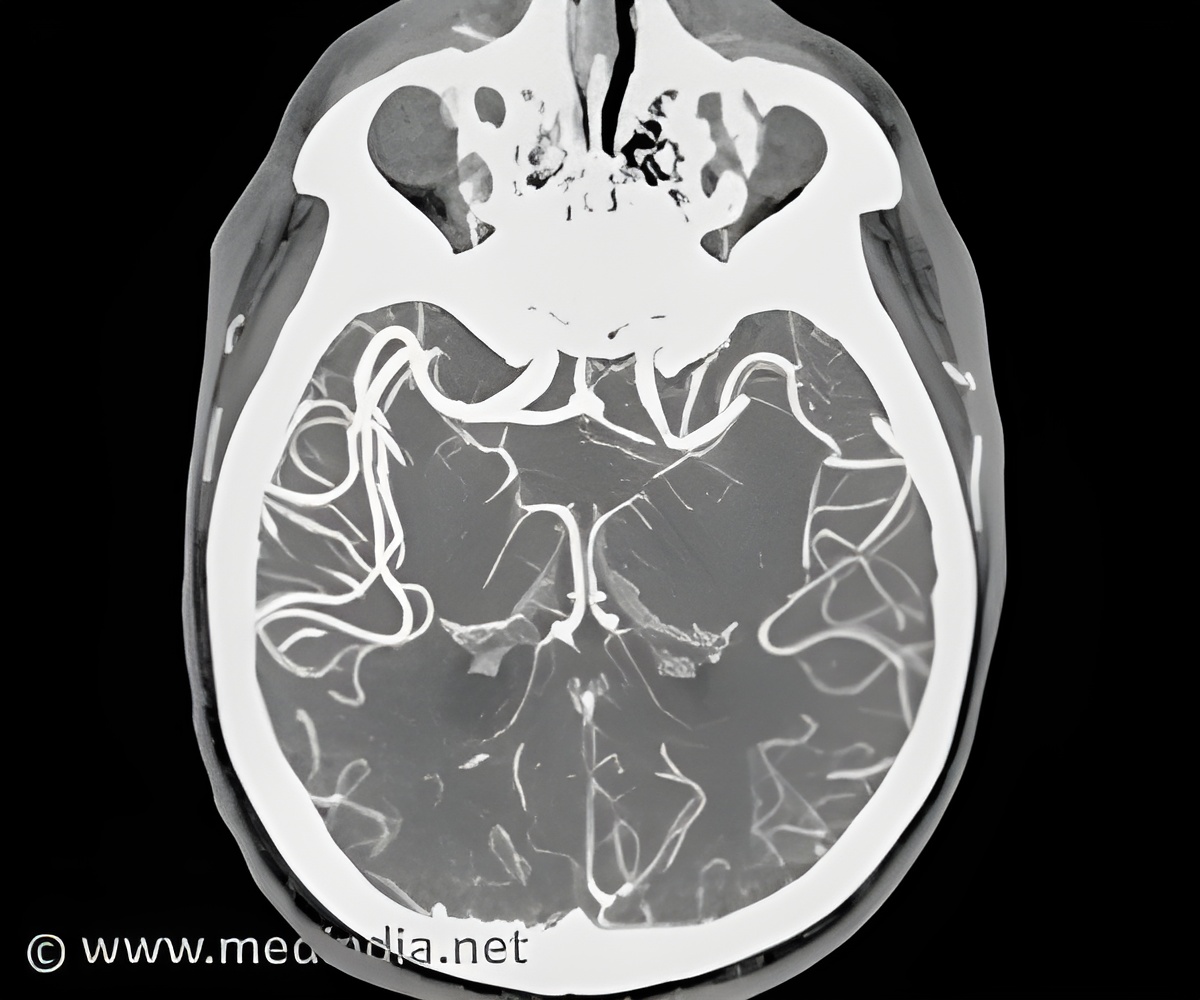Recently coronary computed tomography angiography has emerged as an effective diagnostic tool to image the coronary arteries. Prof. Hoffmann analyzed its effectiveness against the standard protocol.

There is also a marked reduction in additional expenses and threat of exposing patients to potential risks.
CCTA includes advanced CT scanning with the application of intravenous contrast material that produces detailed images the blood vessels supplying heart without cardiac catheterization.
Udo Hoffmann and colleagues assessed the use of coronary CT angiography against standard evaluation in acute chest pain. The trial was done in nine U.S. hospitals and was published in New England Journal of Medicine, 2012.
During this multicenter trial volunteers aged between 40 to 74 years with suggestive symptoms of acute coronary syndromes were randomly enrolled. They did not had ischemic electrocardiographic changes or an initial positive troponin test to early CCTA.
Udo Hoffmann, MD, MPH, director of the Cardiac MR PET CT program at Massachusetts General Hospital (MGH) and corresponding author of the NEJM article said, We found that the use of CCTA in emergency department evaluation of acute chest pain very effectively identified which patients did or did not have coronary artery obstruction, allowing clinicians to focus the use of resources on patients with heart disease."
The multicenter trial revealed the rate of acute coronary syndromes in 1000 patients as 8 percent in 47 percent. The duration of hospital stay was noticeably reduced by 7.6 hours and the number of patients discharging from emergency department also increased.
The researchers found that the volunteers in coronary CT angiography (CCTA) group had marked reductions in the time from arrival to emergency department until discharging either from the emergency or after being admitted to the hospital. In the coronary CT angiography (CCTA) group the time till the confirmation of the diagnosis was shorter as compared to control group. However the percentage of patients being diagnosed with heart diseases was identical in both the groups (8 percent) and no missed diagnoses occurred in both groups.
Coronary CT angiography (CCTA) volunteers were exposed to high cumulative doses of radiation but Hoffmann suggested that coronary CT angiography (CCTA) cal also be performed successfully using low doses and further future studies should test the usefulness of low dose coronary CT angiography (CCTA).
Hoffman said, "It's very important to strive for the greatest efficiency in diagnostic testing, and in this study, additional testing was primarily carried out in patients found to have coronary artery disease. There also were fewer adverse clinical events in those receiving CCTA, although the study group was too small to conclude that CCTA reduced those risks.”
He further added, "I'd really like to commend the commitment and teamwork of all the participating sites and departments, which was essential to the successful completion of this study."
The randomized trial highlighted the significance of coronary CT angiography scan in safely evaluating the diagnosis and facilitating a speedy emergency department discharge for low-to-intermediate-risk patients.
The multicenter trial was funded by the National Heart, Lung, and Blood Institute; ROMICAT-II.
Reference:
Coronary CT Angiography versus Standard Evaluation in Acute Chest Pain; Udo Hoffmann et al; N Engl J Med 2012; 367:299-308
Source-Medindia













